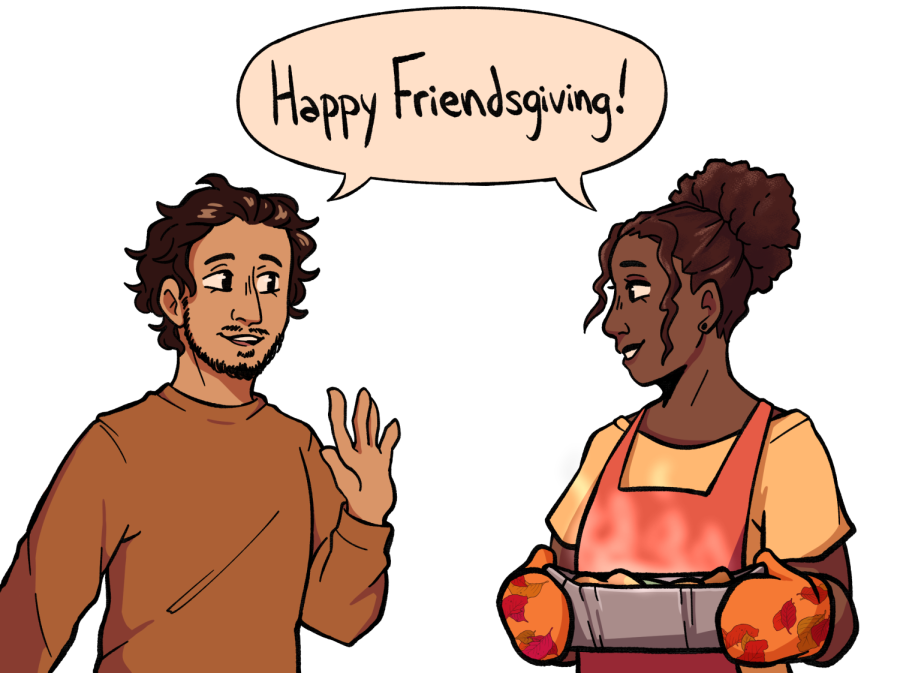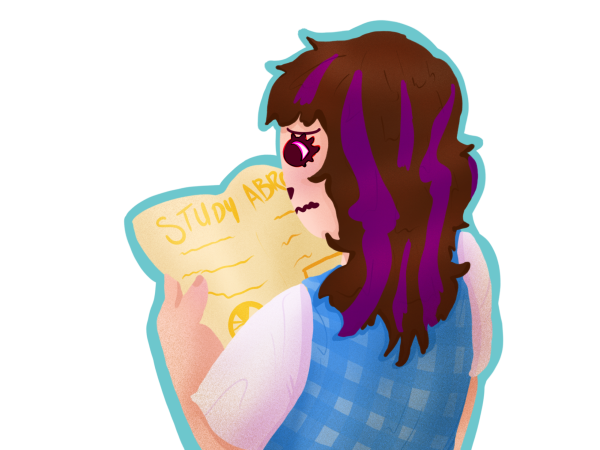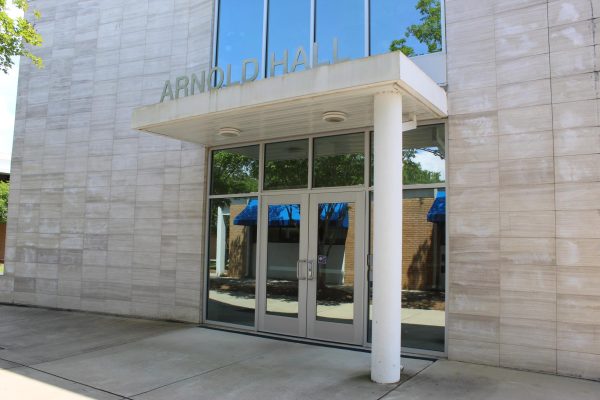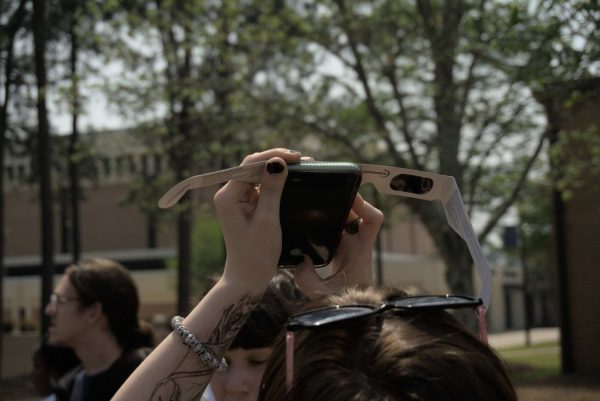The History and Controversy of Thanksgiving
The origins of the First Thanksgiving and the dark history
History
There are many misconceptions surrounding Thanksgiving, relating to its origins and purpose. The first Thanksgiving occurred in the 17th century and was a harvest celebration of the Plymouth colony pilgrims, meant to celebrate a successful harvest after experiencing a harsh winter.
The Pilgrims threw a feast, during which Native Americans attended, likely for diplomatic reasons. The Native Americans provided various crops that they helped to grow.
At the time, the relationship between the Pilgrims and Native Americans was civil, but it would not last long. Both before and after the first Thanksgiving gathering, Native Americans began to die after encountering diseases unintentionally brought by the Europeans. The fighting and killing of the Native Americans by the settlers was, however, very intentional.
The relationship between the Pilgrims and Native Americans was forever severed. The violence against the Native Americans would last for decades, even as America became a nation. One severe instance of this was the Indian Removal Act, better known as The Trail of Tears, in which Native Americans were forced out of their homes and relocated to reservations, with thousands of people facing death and other casualties.
Controversy
Thanksgiving becomes controversial when we begin to question why it is still celebrated and how it negatively affects Native Americans today. Thanksgiving has a bloody history and serves as a remembrance of the injustices that Native Americans have faced for centuries.
Another reason the holiday is controversial is that often, Native American culture is appropriated during the Thanksgiving season. In addition, the holiday is centered positively around the Pilgrims and often fails to acknowledge the violence faced by Native Americans.
In an attempt to rectify this, A National Day of Mourning was established in 1970. The holiday, which falls on the same day as Thanksgiving, involves the remembrance and protestation against the racism and oppression Native Americans still experience.
What Should We Do?
It is tradition to celebrate Thanksgiving by inviting family and friends to a dinner feast. Families cook an array of food and share it and acknowledge what they are thankful for.
The holiday has evolved to have little connection to history. However, as long as it is called by the same name and carries a violent history, it cannot be a peaceful celebration.
There are a few ways to celebrate the sense of community and family associated with Thanksgiving while also acknowledging the harmful history. Staying educated and ensuring your peers are educated is the easiest way to acknowledge the day’s history.
Many have started gathering for ‘Friendsgiving,’ a day set aside to celebrate friends and family while disconnecting from the original intent of Thanksgiving. Those participating in Friendsgiving can express their gratitude for their loved ones before or after Thanksgiving and observe the fourth Thursday in the month as a day of mourning.
This is perhaps a more appropriate way to celebrate. If the history of Thanksgiving cannot be properly acknowledged, then it should not be celebrated.







